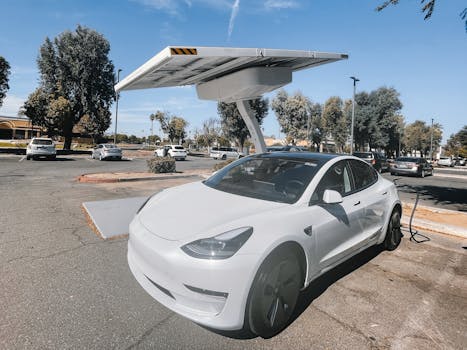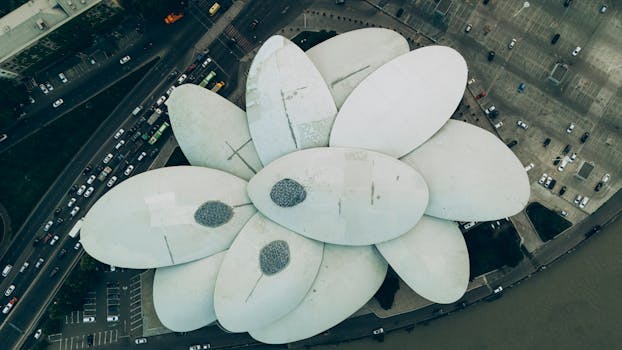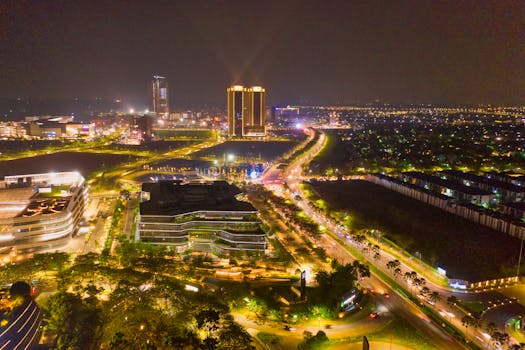
Smart Cities: Urban Trends for 2025
Smart Cities, Urban Trends for 2025 are revolutionizing the way we live, work, and interact with our environment. As the world becomes increasingly urbanized, cities are adopting innovative technologies and sustainable practices to create a better quality of life for their citizens. In this article, we will explore the latest urban trends and technologies shaping the smart cities of 2025.
Introduction to Smart Cities

A smart city is an urban area that uses information and communication technology (ICT) to enhance the quality of life of its citizens, improve the efficiency of its infrastructure, and reduce its environmental impact. Smart cities aim to create a sustainable, livable, and prosperous environment for their inhabitants, while also attracting businesses, investments, and talent.
Urban Trends for 2025

So, what are the key urban trends that will shape the smart cities of 2025? Here are some of the most significant trends to watch:
- Green Infrastructure: Cities are investing in green infrastructure, such as parks, green roofs, and urban forests, to mitigate the urban heat island effect, manage stormwater runoff, and improve air quality.
- Renewable Energy: Smart cities are transitioning to renewable energy sources, such as solar and wind power, to reduce their carbon footprint and dependence on fossil fuels.
- Electric Vehicles: Electric vehicles are becoming increasingly popular, and cities are investing in EV charging infrastructure to support their adoption.
- Smart Transportation Systems: Cities are implementing smart transportation systems, such as intelligent traffic management, smart parking, and mobility-as-a-service (MaaS) platforms, to reduce congestion, improve air quality, and enhance the overall travel experience.
- Internet of Things (IoT): The IoT is playing a crucial role in smart cities, enabling the connection of devices, sensors, and systems to collect and analyze data, and make informed decisions.
Technologies Shaping Smart Cities

Several technologies are driving the development of smart cities, including:
- Artificial Intelligence (AI): AI is being used to analyze data, optimize city operations, and improve public services.
- Blockchain: Blockchain technology is being used to enhance security, transparency, and accountability in city operations.
- 5G Networks: 5G networks are enabling faster, more reliable, and more secure communication, which is critical for smart city applications.
- Big Data Analytics: Big data analytics is being used to analyze large amounts of data, identify patterns, and make informed decisions.
Conclusion

In conclusion, smart cities are the future of urban development, and the trends and technologies outlined in this article will shape the cities of 2025. As cities continue to evolve and grow, it is essential to prioritize sustainability, innovation, and citizen engagement to create a better quality of life for all.



